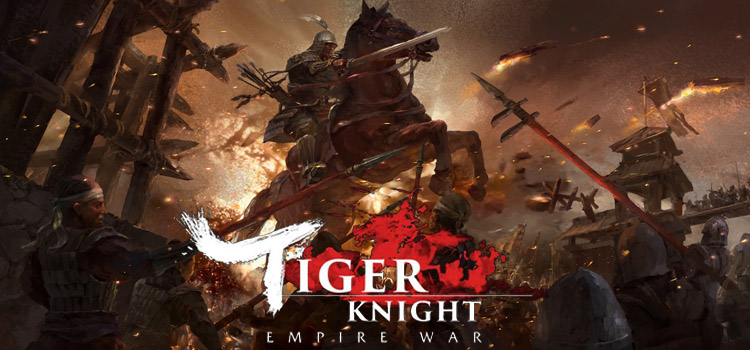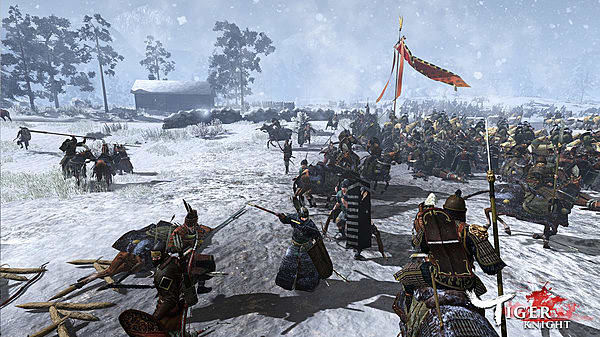

While all English Department courses are geared to the integrated goals of teaching and developing critical reading and thinking, as well as honing written and oral communication skills, many also partially or substantially address the aspirational goals of the Hobart and William Smith Colleges curriculum. Petition forms for transfer courses can be downloaded here. Students must petition the department for these courses to count towards the English degree. Field of study concentrations in Creative Writing, Film Studies or Critical Theory are also options for students with particular interest in those areas.ĮNG 200 three elective courses, one of which may be from outside of the department with permission of the adviser, no more than one at 100-level two courses at the 300-level or above.Ĭognate Courses Outside the Department The following list is a representative sample of “cognate” courses that could be approved to fulfill the requirements of the English major and minor: AFS 305 African American Autobiography AMST 330 Digital Humanities CLAS 108 Greek Tragedy MDSC 313 Global Cinema RUSE 352 Nabokov SPNE 404 Lorca and Almodovar THTR 309 Feminist Theatre WMST 219 Black Feminism and Theater WRRH 201 Grammar and Style WRRH 327 Literary Journalism.Ĭourses taken at other institutions, excepting HWS-sponsored abroad programs, are considered on a case-by-case basis.

Thematic concentrations bring together coursework on a central topic, such as globalization, gender, or poetics. A genre concentration could, for example, include three courses on poetry, while a literary history concentration might provide an overview of Modernism, or focus on one particular era, such as nineteenth-century British fiction. A single course may fulfill more than one requirement.Ĭoncentrations may be defined by genre, literary history, theme, or field of study. Up to three courses taken outside the department may count towards fulfilling major requirements, with permission of the adviser.

Further requirements include: one Early Period course (pre-1800) one American Literature course one Global Literature course one UK/European Literature course, and a three-course concentration. Of the 10 electives, three must be at the 300-level or above, and no more than two 100-level courses may count toward the major. REQUIREMENTS FOR THE MAJOR IN ENGLISH (B.A.)ĮNG 200 10 elective courses and a capstone experience (typically a 400-level seminar taken in the junior or senior year). The major is completed with a capstone, typically a 400-level seminar taken in the junior or senior year. Electives at the 200and 300-level are chosen in consultation with an adviser. Most students begin with one or two courses at the 100-level, then take ENG 200 Critical Methods: the required gateway course for those ready to declare the major or minor.

The English curriculum is designed to give students maximum flexibility while ensuring both breadth and depth of study. We offer majors and minors in both English and Comparative Literature, and a concentration in Creative Writing. The English Department offers a wide variety of courses, including many without prerequisites that are open to non-majors. Our majors go on to careers in education, law, business, publishing, non-profit work, activism, filmmaking, information technology, journalism, and the arts. Students majoring or minoring in English gain the critical reading, thinking, writing, and communications skills necessary for bright futures in a range of fields. You will investigate the meanings of life, build unassailable arguments, and find your own voice. You might consider literature’s relationship to historic social change or trace its role in contemporary political conflict. In an English class, you might analyze a medieval poem or produce your own piece of flash fiction. The discipline of English is as dynamic and far-ranging as the language itself.


 0 kommentar(er)
0 kommentar(er)
